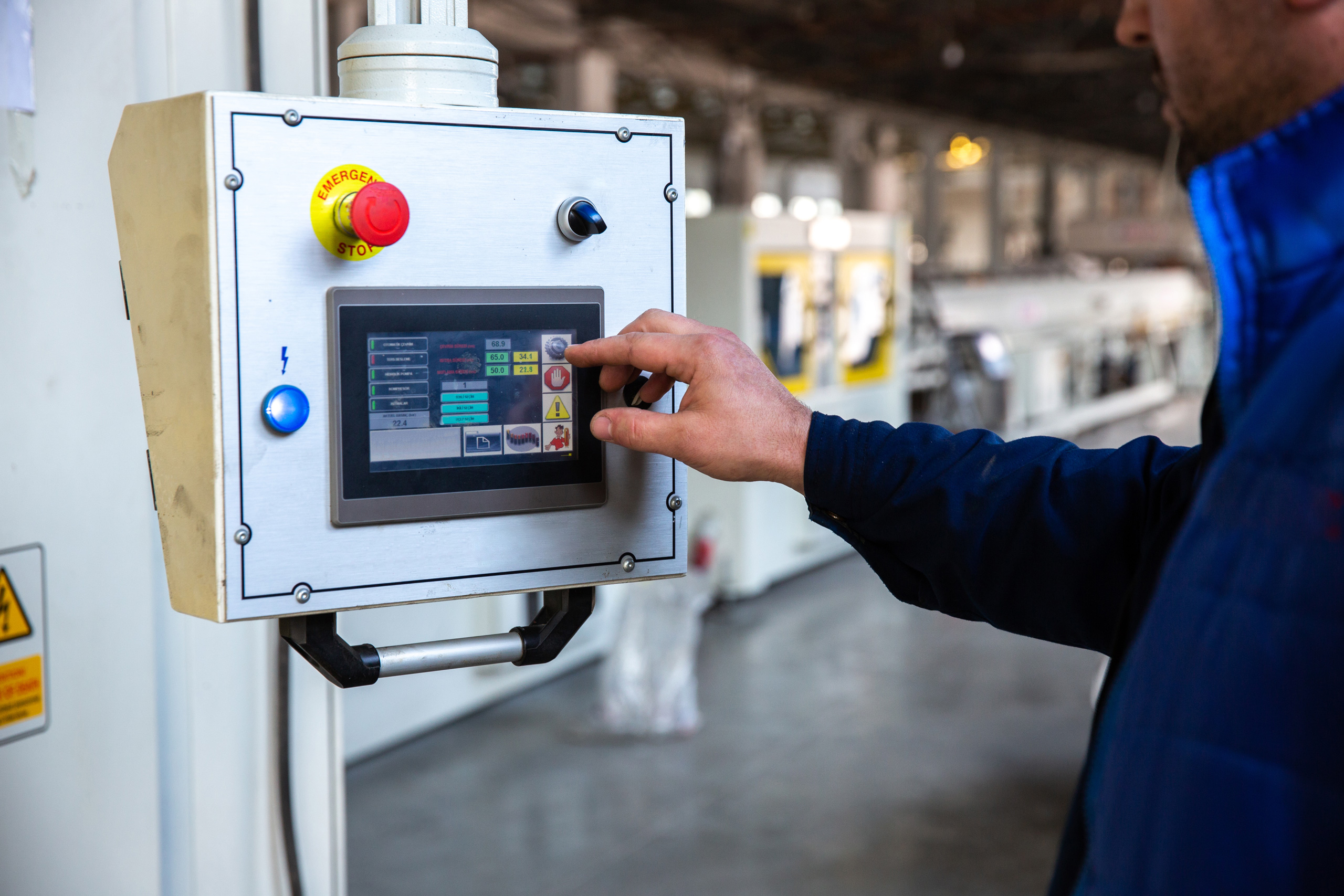
Duration: 0.25 Hrs
Course Level: Intermediate
Languages: English
Capability: Audio, Video
Many production facilities use process control charts to track and visually show the behavior and stability of a process over time. This course covers the benefits of using process control charts, the importance of consistency, the many kinds of process control charts, the different elements of process control charts, and how to continually improve the production process.
By the end of this course, you will be able to:
Duration: 0.25 Hrs
Course Level: Intermediate
Languages: English, French, Polish
Capability: Audio, Video
Process control simply refers to the control of a process. The main goal of process control is to stabilize process operations in order to consistently produce the desired results, and it can be automatic or manual. In modern processing and manufacturing industries, process control is frequently implemented by automated, computer- based control systems which utilize a number of different “tools.” The fundamental building block of these systems is the “process control loop.” This module discusses open and closed loop controllers, as well as specific examples of each.
By the end of this course, you will be able to:
Duration: 2.00 Hrs
Course Level: Intermediate
Languages: English
Capability: Audio, Video, MobileReady
This course is designed to familiarize participants with the basic principles associated with the calibration of input field devices and control loops. After completing this course, participants should be able to explain how to test, adjust, and calibrate various types of gauges and transmitters. They should also be able to explain how to test, set up, and adjust input field devices and calibrate control loops.
By the end of this course, you will be able to:
Duration: 2.00 Hrs
Course Level: Intermediate
Languages: English
Capability: Audio, Video, MobileReady
This course is designed to familiarize participants with the role of information systems in plant operations and the elements of modern information systems. After completing this course, participants should be able to identify the information needs of typical plant functional elements and explain how information gets into an information system. They should also be able to describe system architecture and explain how to use environment software and application software.
By the end of this course, you will be able to:
Duration: 0.40 Hrs
Course Level: Intermediate
Languages: English
Capability: Audio, Video, MobileReady
This course is designed to familiarize participants with the basic elements, terminology, and functions of control systems. After completing this course, participants should be able to identify and describe the various types of input and output devices that are commonly used with automated control systems. They should also be able to identify and describe common types of control devices and control loop arrangements.
By the end of this course, you will be able to:
Duration: 2.00 Hrs
Course Level: Intermediate
Languages: English
Capability: Audio, Video, MobileReady
This course is designed to familiarize participants with the different types of human-machine interfaces (HMIs) that are likely to be found in a modern plant. After completing this course, participants should be able to obtain process information using typical instruments, operate typical switch controls, use smart I/O devices and controller interfaces, and perform common computer operations.
By the end of this course, you will be able to: